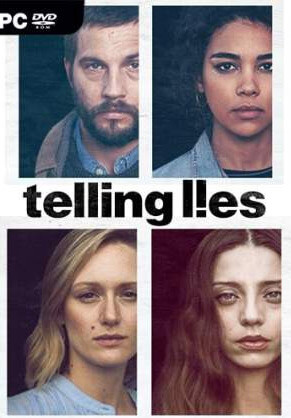

DePaulo, who is now at the Department of Psychology, Gilmer Hall, University of Virginia, Charlottesville, Va. Requests for reprints should be sent to Bella M. During the conduct of this research, the first author was supported by a National Science Foundation Fellowship. Preparation of this article was supported by the Milton Fund of Harvard University, Biomedical Sciences Support Grant SS07 RR07046-12 from the National Institutes of Health to Harvard University, and the National Science Foundation. Judd, and Miron Zuckerman for their helpful comments on an earlier version of this manuscript. Eisenstat and Susan Finkelstein for their help in collecting these data, and Judith A.


Most published studies of We thank Russell A. Studies of skill at detecting lies from verbal and/or nonverbal cues usually focus on observers' ability to distinguish truthful responses from deceptive ones (e.g., Ekman & Friesen, 1974 Fay & Middleton, 1941 Harrison, Hwalek, Raney, & Fritz, 1978 Kraut, 1978 Littlepage & Pineault, 1978 Maier & Janzen, 1967 Maier & Thurber, 1968 Zuckerman, DeFrank, Hall, Larrance, & Rosenthal, in press Krauss, Geller, & Olson, Note 1). Methodological considerations and systematic programs for future research are discussed. A histrionic strategy (hamming) was very effective in deceiving others, and this strategy was employed more by more Machiavellian people, who also tended to get caught less often in their lies. Skill at lying successfully was unrelated to skill at catching others in their lies. Speakers whose lies were seen more readily by men also had their lies seen more readily by women, and observers better able to see the underlying affects of women were better able to see the underlying affects of men. However, people whose deception attempts were more easily detected by others also had their underlying affects read more easily. Accuracy at detecting that some deception had occurred was far greater than accuracy at detecting the true underlying affect, and people who were good at detecting that deception was occurring were not particularly skilled at reading the speakers' underlying affects. DePaulo and Robert Rosenthal Harvard University Men and women (20 each) were videotaped while describing someone they liked, someone they disliked, someone they were ambivalent about, someone they were indifferent about, someone they liked as though they disliked him or her, and someone they disliked as though they liked him or her. Journal of Personality and Social Psychology 1979, Vol.


 0 kommentar(er)
0 kommentar(er)
